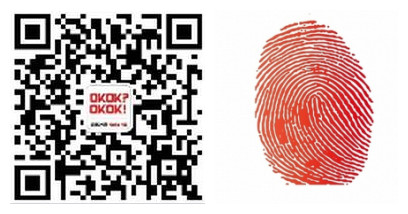Dozens detained by police; top prosecutors will oversee the case
Premier Li Keqiang said there will be no leniency for anyone involved in a vaccine scandal that has shocked the nation and ignited wide public concern about vaccine safety.
Li pledged on Tuesday to punish officials who are proven to have been derelict in their duty in the distribution of the possibly ineffective vaccines, according to the State Council website.
Investigations into the matter are continuing.
Police in Shandong province said improperly stored or expired vaccines, worth more than 570 million yuan ($88 million), were apparently sold in more than 20 provincial-level areas since 2011.
Wu Zhen, deputy head of the China Food and Drug Administration, pledged strict measures on Wednesday to close loopholes in the distribution system.
"The scandal has revealed problems in the distribution of vaccines," he said on the sidelines of the Boao Forum for Asia in Hainan province.
The administration said on Tuesday that it has given local authorities until Friday to find out who bought the mishandled vaccines to ease public concern.
In addition, police in Shandong have detained 37 suspects implicated in the scandal, including a mother and daughter alleged to have illegally sold the improperly stored or expired vaccines, and people at three pharmaceutical companies, according to the work group handling the case.
Police in Hunan, Jiangxi and Guangdong provinces also have reported detaining suspects.
The Supreme People's Procuratorate announced on Tuesday that it will directly oversee the case and urged prosecuting bodies at all levels to spare no effort in their investigations.
Prosecutors throughout the country are expected to work closely with local police and drug administrations to uncover the manufacturing sources, circulation channels and buyers of the inferior products.
Wu said the administration would work closely with law enforcement. He added that the distribution and use of vaccines are generally well-managed under existing rules, especially the 14 vaccines included in the nation's routine immunization program.
Vaccines involved in the recent scandal are considered Category 2 vaccines, including those against meningitis and rabies, among other pathogens. Category 2 vaccines are administered upon request, and people pay for them.
Industry insiders said that, unlike the strictly managed vaccines of Category 1, loopholes and room for profit exist in Category 2.
A confused public may not be able to tell the difference. Some parents have reportedly held back their babies from the routine immunization program for fear of getting a bad dose.
Public health experts, including those from the World Health Organization, urged the Chinese public to stick to routine immunization programs, which are vitally important to both individual and public health.
Improperly stored or expired vaccines can lose potency and become less effective, but they pose a very small risk of causing a toxic reaction, a statement issued by the WHO China office said on Tuesday. The organization also expressed its willingness to provide support.
A vaccine rendered ineffective through age or improper storage could fail to protect the recipient against infectious diseases, which creates a public health challenge, according to Gao Fu, deputy director of the Chinese Center for Disease Control and Prevention.
Xiong Huang, deputy head of the information office of the National Health and Family Planning Commission, said there has been no increase in reports of side effects after vaccinations so far.
By SHAN JUAN (China Daily)
Using WeChat? Scan QR Code or Press the Fingerprint Below ↓
--- (Or ADD WeChat ID: OKOKOKOKnet)
